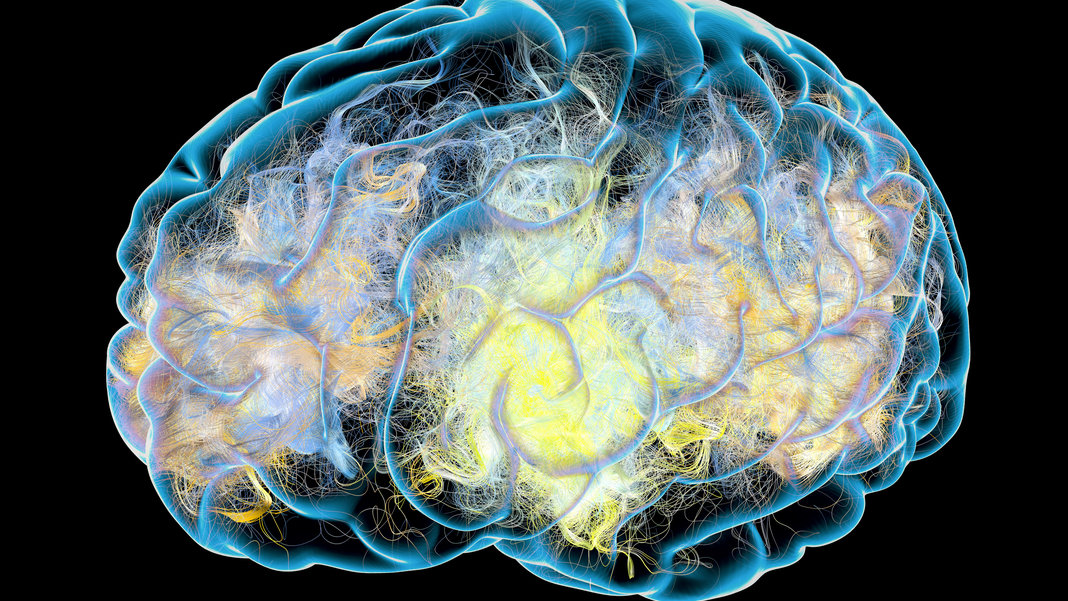According to the University of Exeter and the University of Connecticut, people who carry a faulty gene linked to dementia may be at a significantly higher risk for COVID-19. Their findings on the correlation appeared in the Journal of Gerontology, Medical Sciences.
For the study, the research team turned to the genetic data included in the UK Biobank of half a million people.
In their examination, close to 9,000 of the participants carried the ApoE e4e4 faulty gene. All of those participants were of European ancestry. A considerable amount of the participants with the faulty gene had tested positive for the novel coronavirus.
The findings indicate that people carrying the ApoE e4e4 gene may be at significantly increased risk of contagion compared to people with a more common form of the ApoE gene.
The ApoE gene highlighted in the study is known to heighten the risk of Alzheimer’s disease and heart disease, as shown in past research studies.
“This is an exciting result because we might now be able to pinpoint how this faulty gene causes vulnerability to COVID-19,” said co-author Chia-Ling Kuo, in a news release.
“This could lead to new ideas for treatments. It’s also important because it shows again that increasing disease risks that appear inevitable with ageing might actually be due to specific biological differences, which could help us understand why some people stay active to age 100 and beyond, while others become disabled and die in their sixties.”


